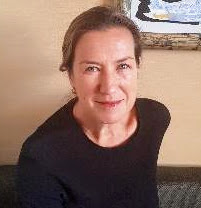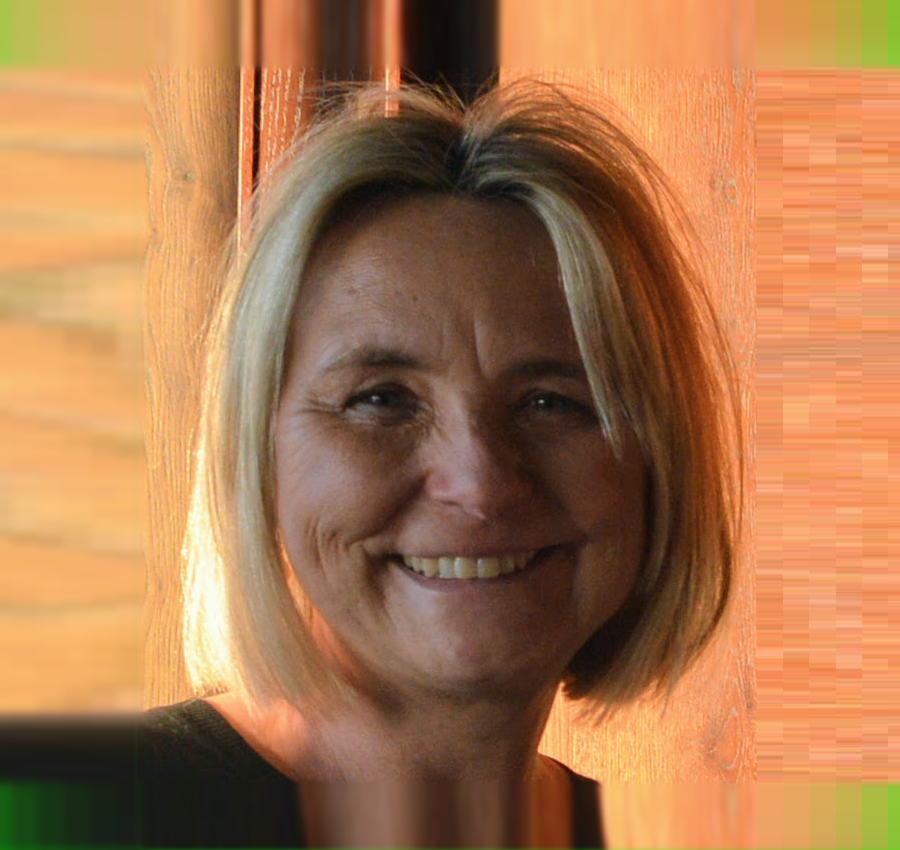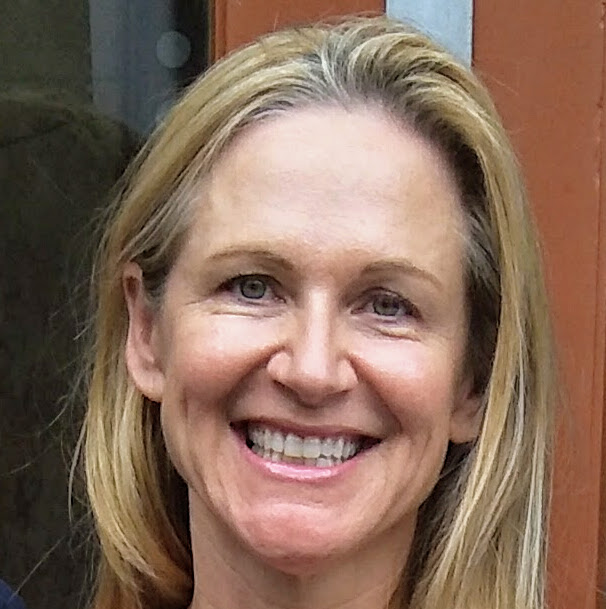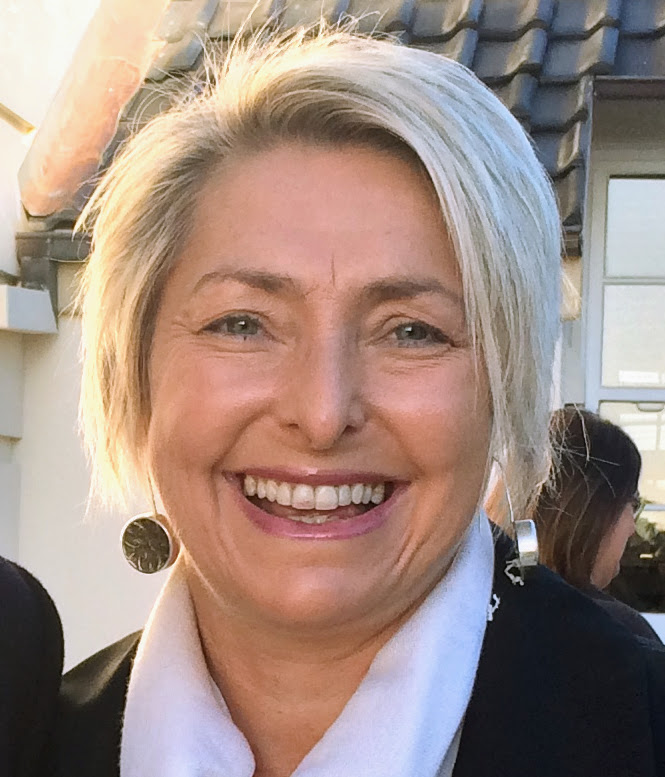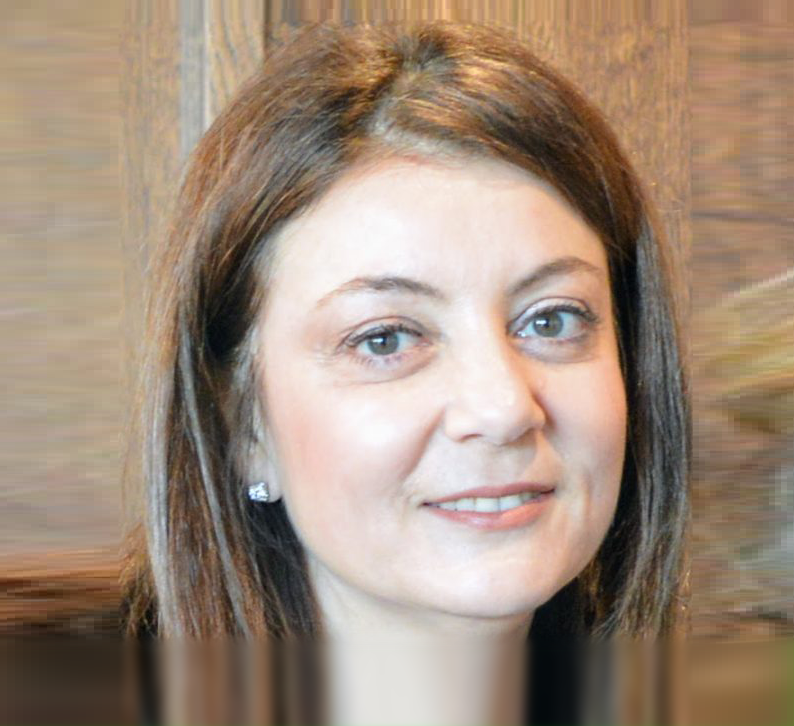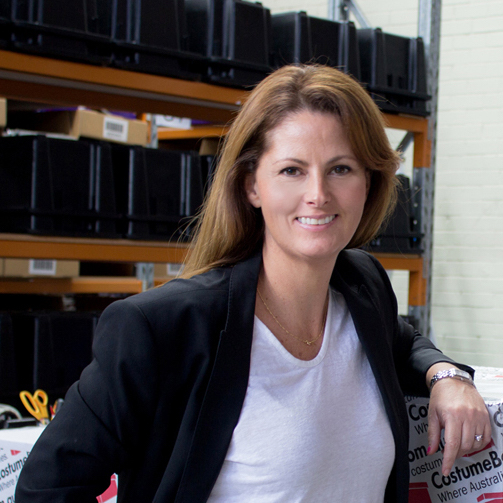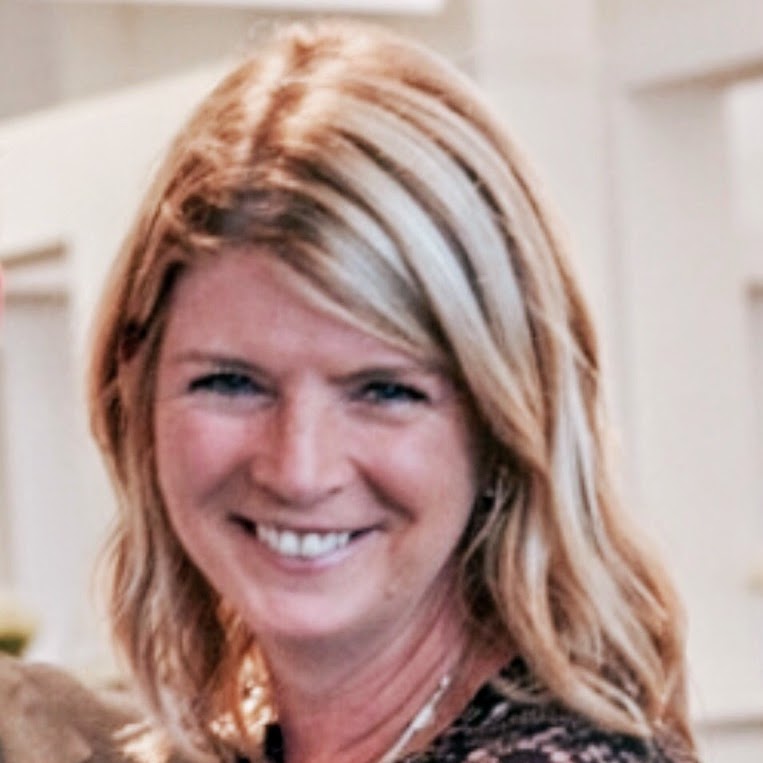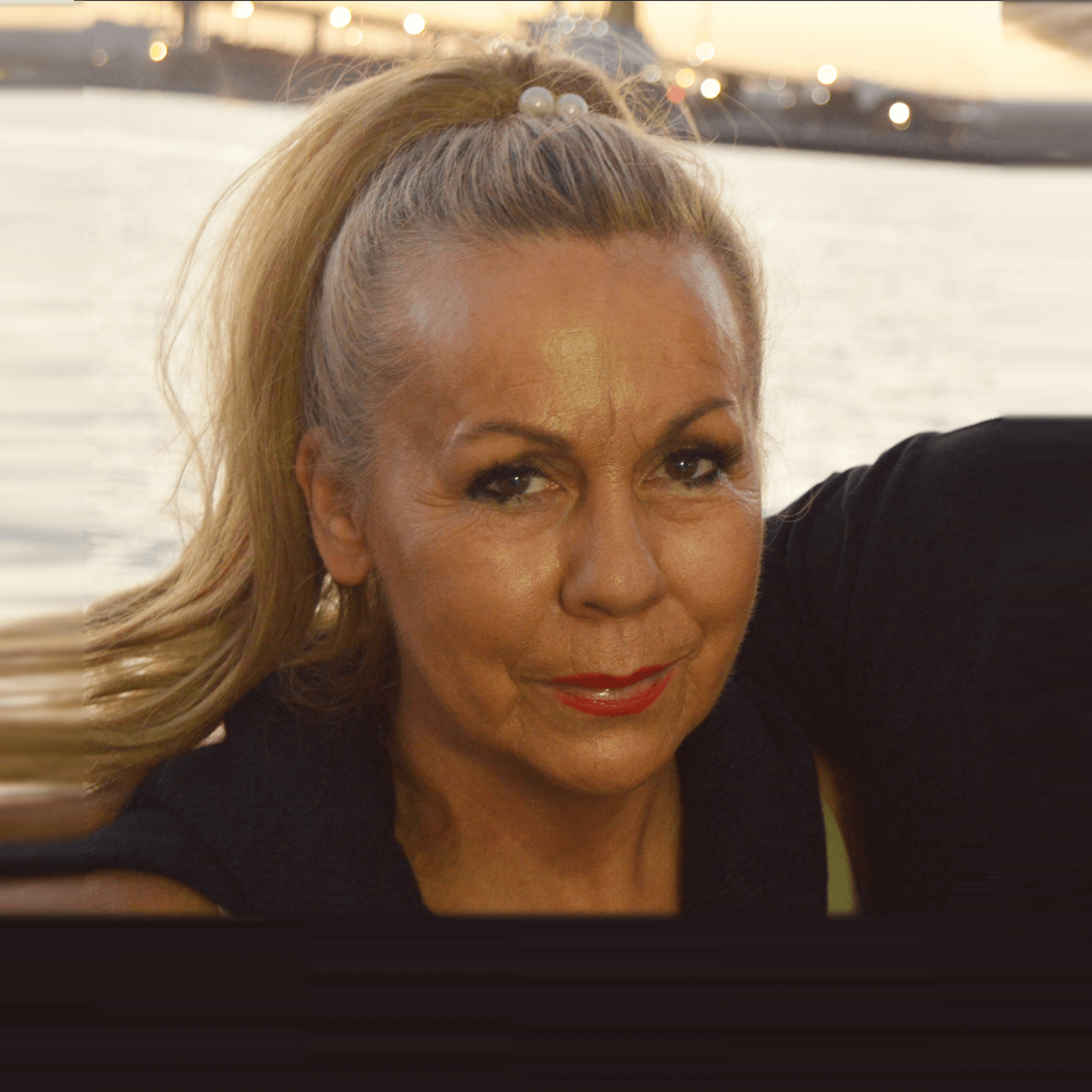“I am excited to be able to contribute in any way to raising awareness and funds towards research into sarcoma. In my lifetime I have seen rapid advances in research and treatments for many diseases. It is time now for sarcoma research and treatments to advance.”
Kirsten Martensen-Arms
Sarcoma, I never thought that this word, describing such an unforgiving illness, would mean so much to us.
In 2011, on the cricket field, we met Coop and his amazing family, watching our sons bat and bowl.
Later, through witnessing Cooper’s and his family’s struggle with sarcoma, I learnt a lot about the almost nonexistent funding and lack of attention this illness has received.
The difficulties Coops and his family faced during their battle motivated me to help this Foundation.
Cooper, with his determination and drive to create his foundation in order to find a cure for sarcoma, whilst fighting for his own life, was and is just inspirational.
I am honoured to be involved in Coops’ legacy to help others, mainly teenagers, who are suffering at this very moment.
Lisa Scribner
‘I first met the delightful Cooper when he played junior representative cricket with my son. As a mother of two boys I am devastated by the loss of Cooper. I look forward to doing whatever I can to help Tania and the rest of these wonderful people raise awareness and funds for sarcoma research in honour of a wonderful young man. ‘ – Lisa Scribner
Gloria Gapes
Dianne Lawrance
I admire Cooper for taking action and having such determination in the face of his own adversity. He showed both courage and care which I feel flowed from a special heart.
I admire his family for their own courage and ability to push forward through sadness with a heartfelt care to stop anyone else from suffering Sarcoma and aim to provide support to those who sadly are suffering. Sarcoma is a horrific disease.
I cannot bear the thought of another teenager enduring such fate. It is only together that we can raise funds for much needed research to find a cure.
Dyan Comino
I first met the Rice- Brading family through the Sydney Grammar community and was fortunate to get to know Cooper, when he played cricket with my son in 2016.
> Cooper always struck me as a sensitive, compassionate and fun loving character. My fondest memory of Coop is at a rugby match at the time he was going through chemotherapy, when amongst a sea of people I saw this beautiful, happy face greet me. It’s a memory I will never forget. I feel it a privilege to be able to assist in fulfilling Cooper’s vision.
Nikki Yeaman
I eagerly put my hand up to be part of the Cooper Rice Brading Foundation for a number of reasons.
Claire Bonic
Tania Rice-Brading
Over a two-year period, I witnessed first-hand the unspeakably difficult road young sarcoma patients are forced to travel. The diagnosis is simply the beginning. This cancer is particularly cruel both physically and mentally, and this is particularly so when it is your child you are watching
suffer so brutally, and without respite.
One of the most distressing aspects of this diagnosis is the fact there are currently no answers, and as Cooper was told weeks after just turning seventeen, “treatment options are like a box of smarties…you try the red ones, then the blue ones etc, until you find the one that works”. No patient should ever begin their treatment protocol with that level of mental uncertainty.
Despite the fact Australia is home to some of the most brilliant global medical minds , a cure for sarcoma remains elusive, largely due to a dire lack of funding. Cooper selflessly shared his story, and addressed philanthropists, friends, sporting groups, and schools alike, to heighten awareness of sarcoma, and to raise the critical funding required for change. He also had very specific ideas as to pipeline treatments suppressed due to funding. These are often not addressed in mainstream cancer institutions, and as were to discover, when there are no remaining options, pipeline research projects provide hope. It is suffice to say, Cooper would never close his mind to generic cancer treatment options, and always fought for the greater good of all rare cancer patients, with an accent on sarcoma.
Over three decades have passed without quantifiable mortality improvements, with statistical data showing signs of increased diagnosis.
Cooper’s courage in the face of extreme adversity will remain with me every minute of every day, as I vow to continue the outstanding work he began. If we can prevent one young patient, and their family from recounting the memories that haunt me daily, and the helplessness I felt and still feel, then I would consider we are doing our job well.

